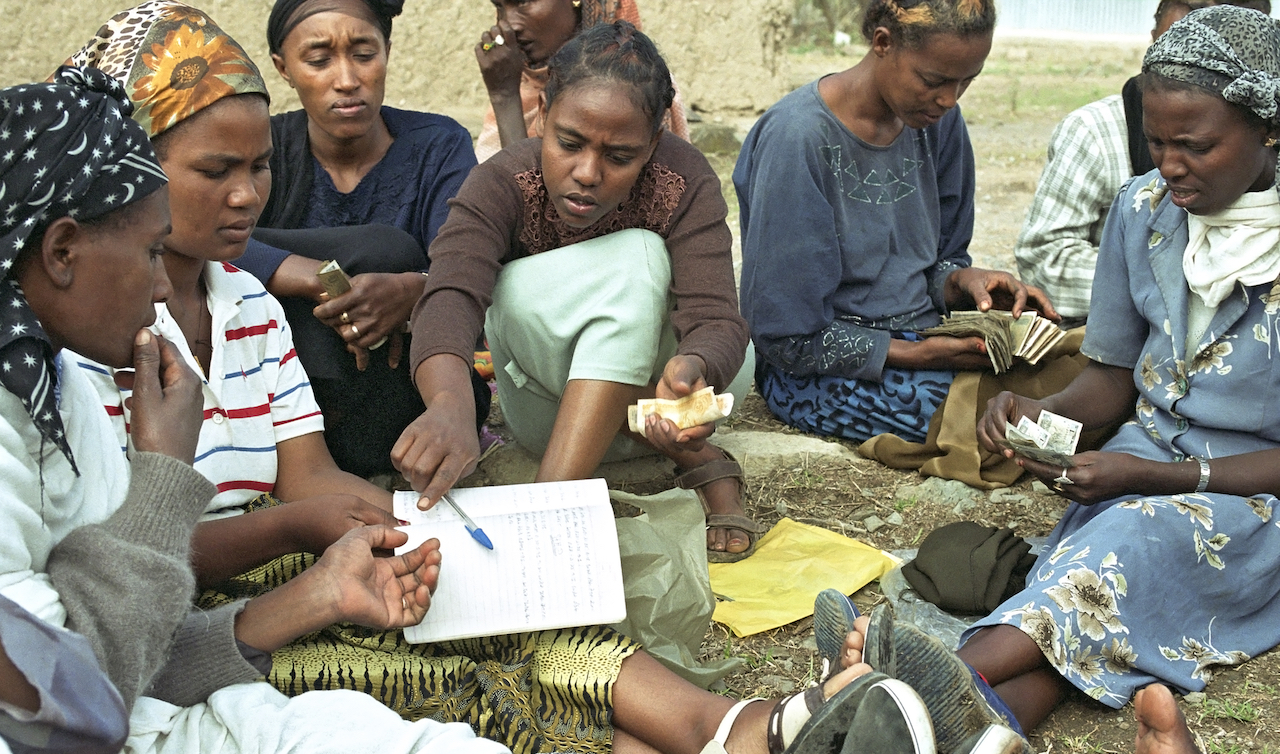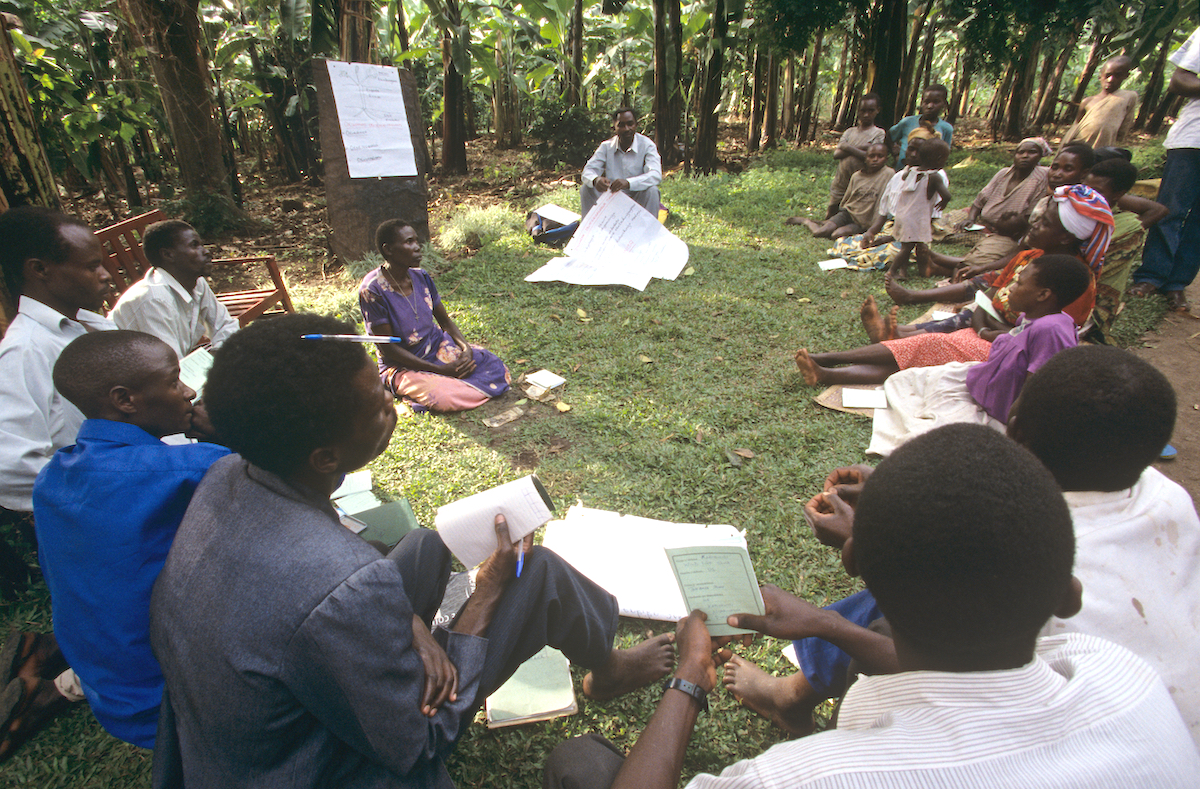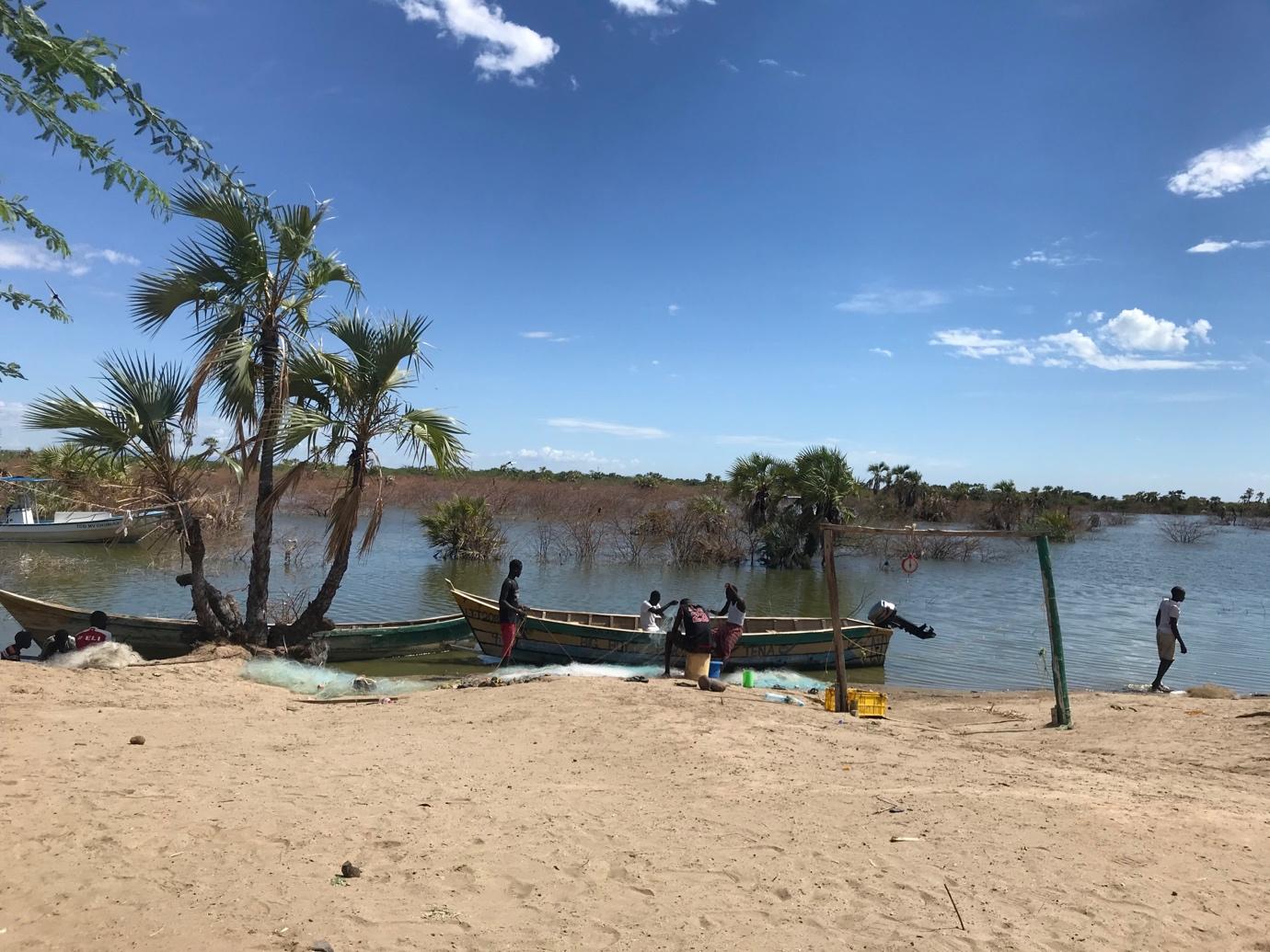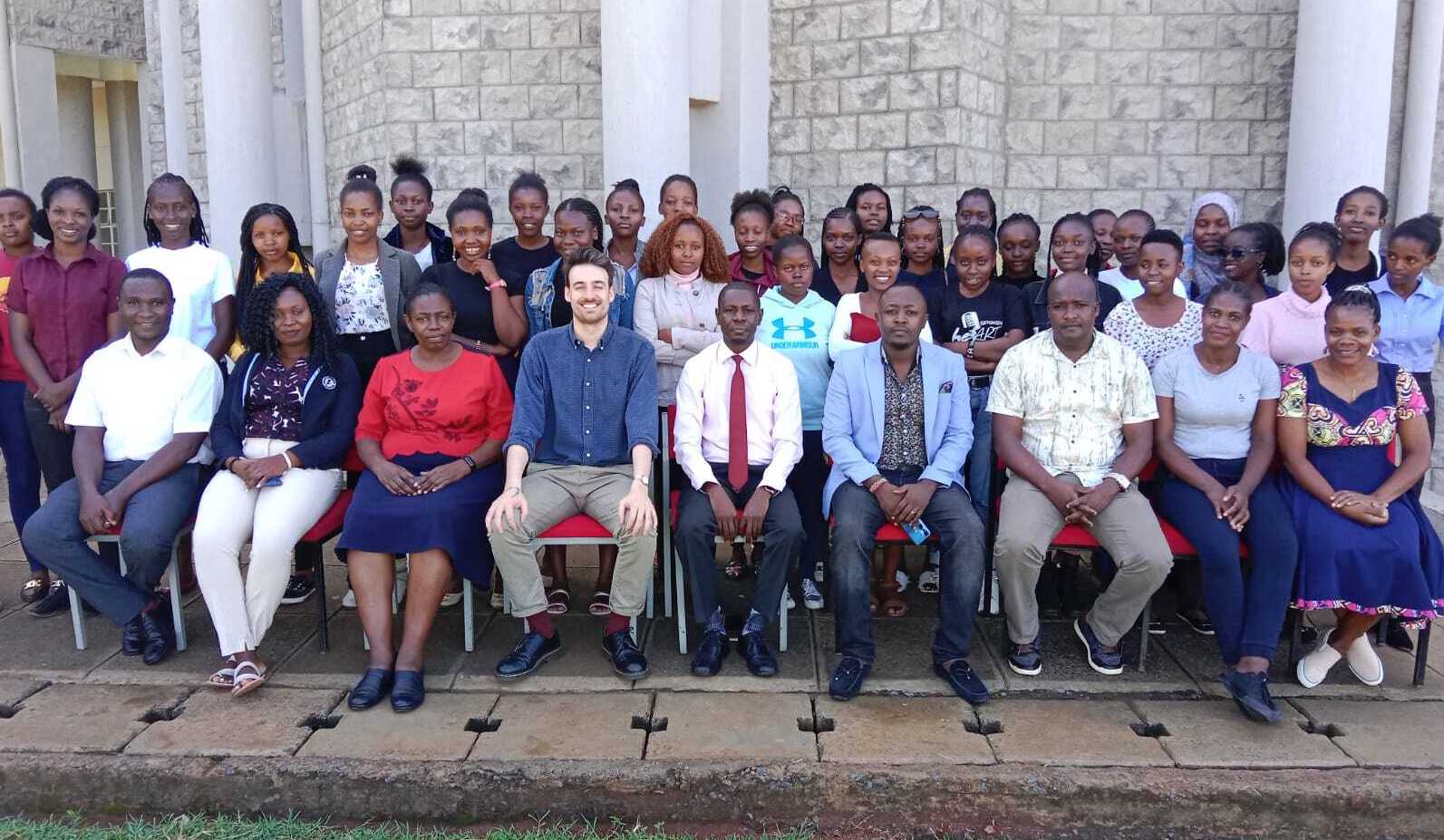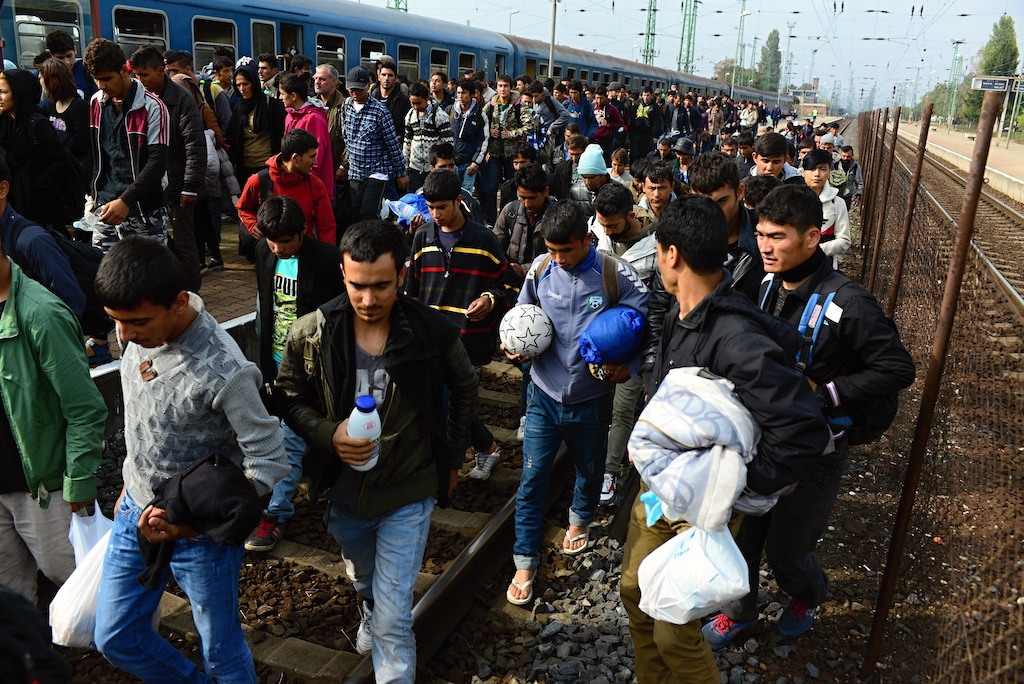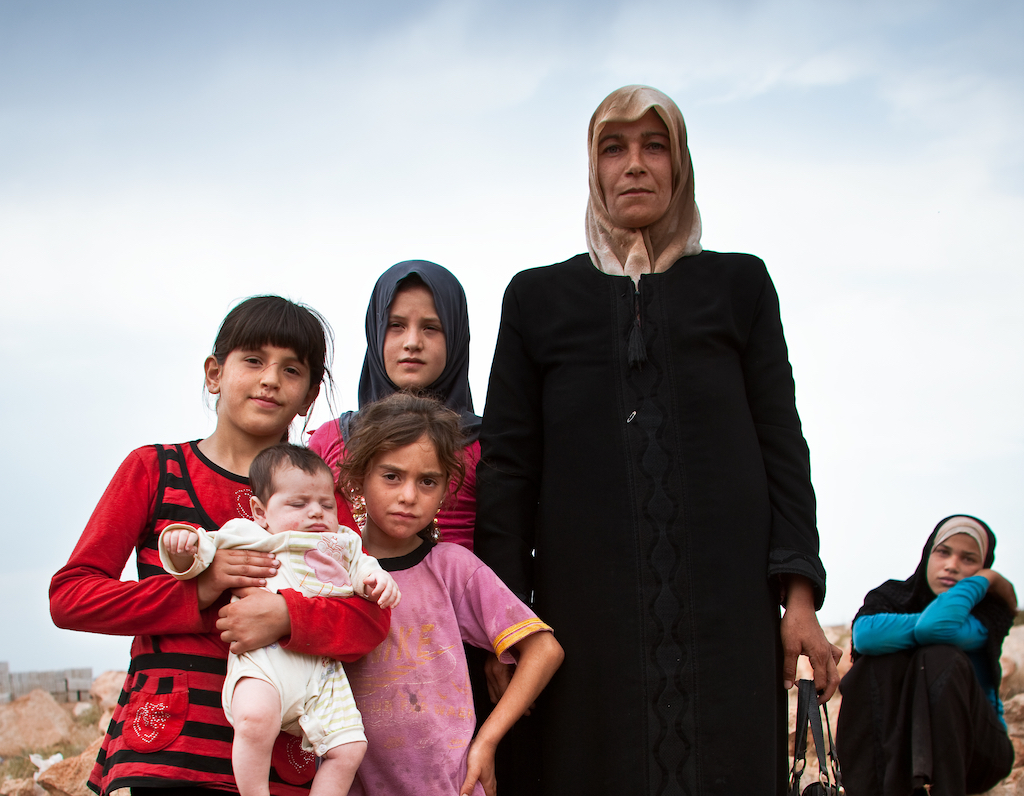Our commitment: Women's Empowerment Principles
Esther Hodges
28th June 2023
4 minute read.
Bodhi is proud to be a signatory to the Women’s Empowerment Principles, a set of Principles offering guidance to business on how to advance gender equality and women’s empowerment in the workplace, marketplace and community. We recognise that, as a business working in the international development sector, we have a responsibility to advance gender equality in our own organisation and the way in which we work - as well as encouraging our clients to do so.
But how will we enact this commitment? A selection of Bodhi staff, from all levels and teams, share their commitments and responsibilities here
Anna Strachan (she/her), Managing Director
I am committed to fostering an inclusive and supportive work environment that enables every team member to reach their full potential, irrespective of their individual circumstances. My dedication to equal opportunities for all applies not only within our organisation, but also to our interactions with consultants and enumerators, who play crucial roles in the research we conduct in different countries. I recognise the importance of identifying gendered barriers to individuals' career progression, and commit to implementing flexible work arrangements, as well as providing mentorship and professional development opportunities to remove obstacles to women’s equal participation in the workplace.
Arinjay Butani (he/him), Researcher
Whether it's advocating for equal opportunities, amplifying diverse voices, or championing colleagues, I am dedicated to creating a workplace that values and uplifts every individual. I will work to ensure that values of gender responsiveness and equality are mainstreamed through all the work that I do, from the everyday tasks on the job to more project-focussed work. By promoting inclusivity, embracing diverse perspectives, and encouraging open dialogue, I strive to make a positive impact and contribute to building a more equitable and empowering work culture for all.
Esther Hodges (she/her), Senior Researcher - Gender & Inclusion
In the workplace, I will work with the rest of the senior management team to include commitments to gender balance in hiring at all levels of the organisation, in particular ensuring our senior team remains gender balanced. I will also work to ensure those of diverse gender identities and sexual orientations (SOGIE) feel safe, comfortable and included at Bodhi, including by ensuring there is specific advice for those of diverse SOGIE in our travel guidance to ensure these individuals feel safe and supported when conducting fieldwork.
Lena Sherif (she/her), Business Development Manager
As Bodhi continues to expand its women-led business, I will ensure that we seize opportunities that advance gender equality and women’s empowerment in peace-building and development. To that end I will focus on projects that contribute substantively to knowledge and learning on the importance of women’s contributions and representation in matters such as, inter alia, peace, security and climate change mitigation. I am also committed to building a firm that has smart, dynamic, supportive women at the centre of business who want to see other women succeed. It is important to me, both personally and professionally, that we practise what we preach, and that Bodhi prioritises work on gender-related issues and engages female-led partners and researchers.
Jackson Kinyanjui Koimbori (he/him), Senior Researcher - Climate & Resilience
As a climate and resilience expert, I will prioritise gender equality at Bodhi by creating a gender-responsive work environment and advocating for fair policies and practices. I will integrate a gender lens into our projects, considering the unique vulnerabilities and needs of both women and men in relation to climate change. Furthermore, I will actively engage with our clients, urging them to prioritise gender equality in their organisations to foster sustainable and resilient communities. By working together, we can build an inclusive future that tackles climate challenges while addressing gender disparities.
Joseph Chiriyankandath (he/him), Researcher
I will work to incorporate a gender focussed lens into our work at Bodhi. This will be done by ensuring gender balance in the project teams I put together at all levels, from the core team down to field level staff including enumerators. By frameworks such as those outlined in the by UN Global Compact and UN Women in the Women’s Empowerment Principles, we will ensure gender responsiveness is incorporated into our work which will be better able to reflect unique lived experiences and needs on the ground and tailor our work to address these.

